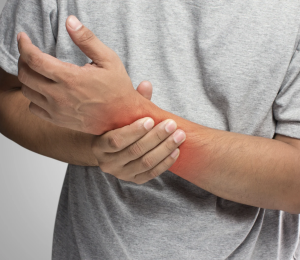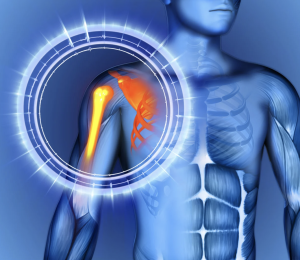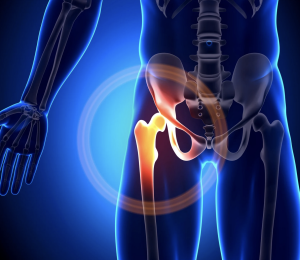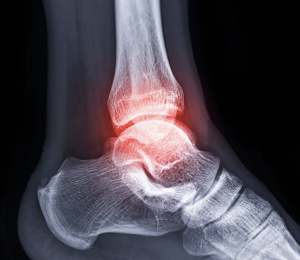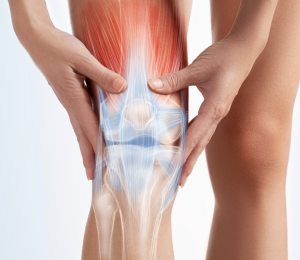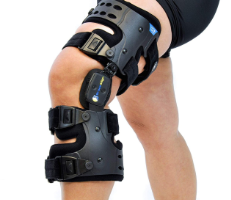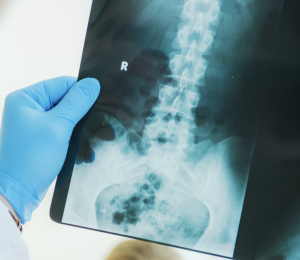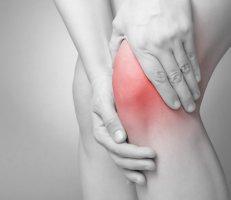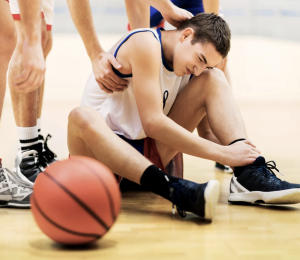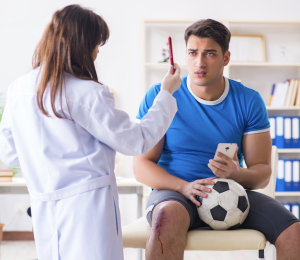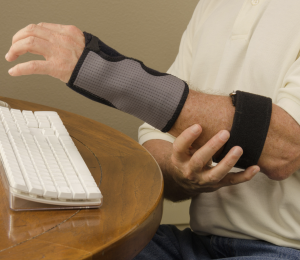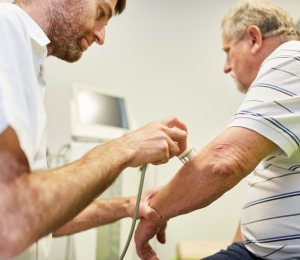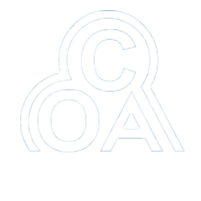What is a Concussion?
A concussion is a type of traumatic brain injury that occurs due to a direct hit to the head or a jolt to the body that forces the brain to rapidly move back and forth. This sudden brain movement causes the brain to bounce against the skull, changing chemicals in the brain and possibly damaging brain cells.
Sports-related concussions are common because of the physical nature of sports like football and soccer. Direct impact to your body or falls are common causes of concussions, a condition that needs to be taken seriously.
What are the Symptoms of a Concussion?
After a fall or sudden movement that causes a direct impact to your head, you should look for signs of a concussion. These signs may include:
- Headache
- Dizziness
- Confusion
- Sluggishness
- Sensitivity to sound or light
You may also experience nausea severe enough to make you vomit.
Even if you’re not aware of your concussion, you may display symptoms that other people can recognize. Often, people who suffer a concussion have difficulty remembering the events that led up to the injury and may be slow in answering questions.
It’s also possible that you may lose consciousness for a period of time and develop changes in your behavior or personality.
While many symptoms show up soon after your injury, it’s also possible to have new symptoms or a worsening of old symptoms in the hours and days after the event. Any indication of a possible concussion needs evaluation as soon as possible. If left untreated, a concussion can lead to serious health complications, including brain damage.
How is a Concussion Diagnosed?
The sports medicine physicians at Commonwealth Orthopaedic Associates offer comprehensive diagnostic resources to accurately diagnose a concussion, so treatment can begin as soon as possible.
There’s no imaging test that can diagnose a concussion. Instead, your provider assesses your symptoms and cognitive abilities, using a computer-based screening tool known as ImPACT and written testing materials. You complete these tests in-office to help your provider evaluate the severity of your concussion.
How are Sports-Related Concussions Treated?
It’s important that you get a lot of rest to help your brain recover from the injury. This rest includes limiting both physical and mental activities, including exercising, gaming, going to work, and reading.
Your provider can determine how long you should be out of school or work to prevent a worsening of your symptoms. These limitations depend on the severity of your concussion.
Don’t delay a concussion evaluation. Schedule a consultation today online or by phone.






